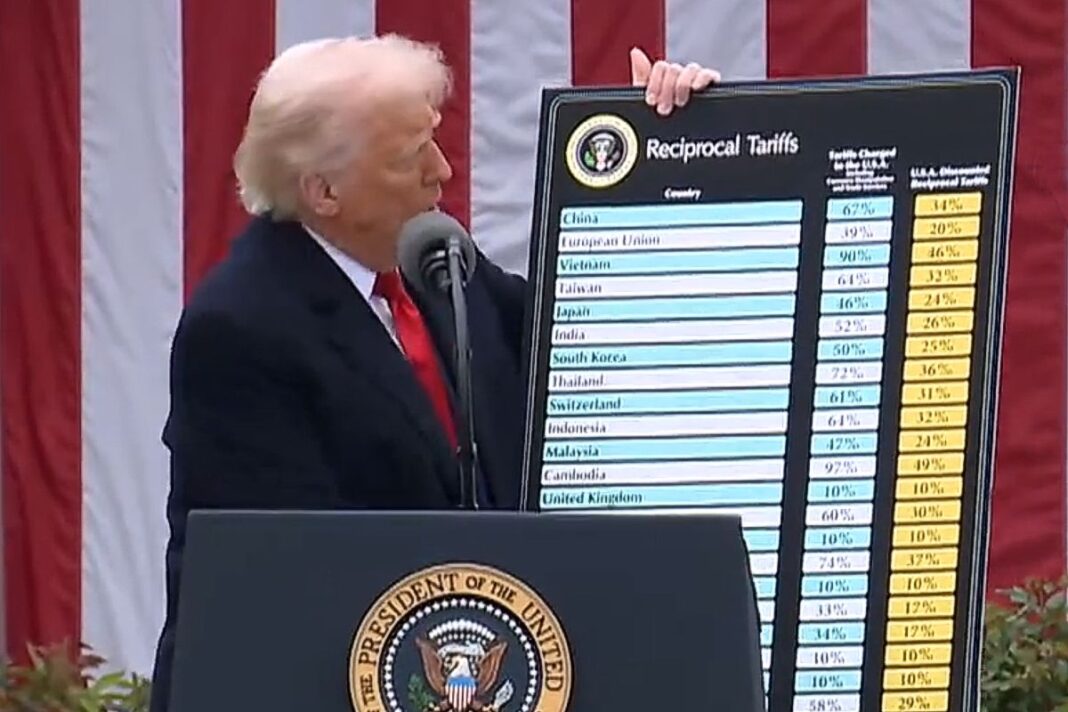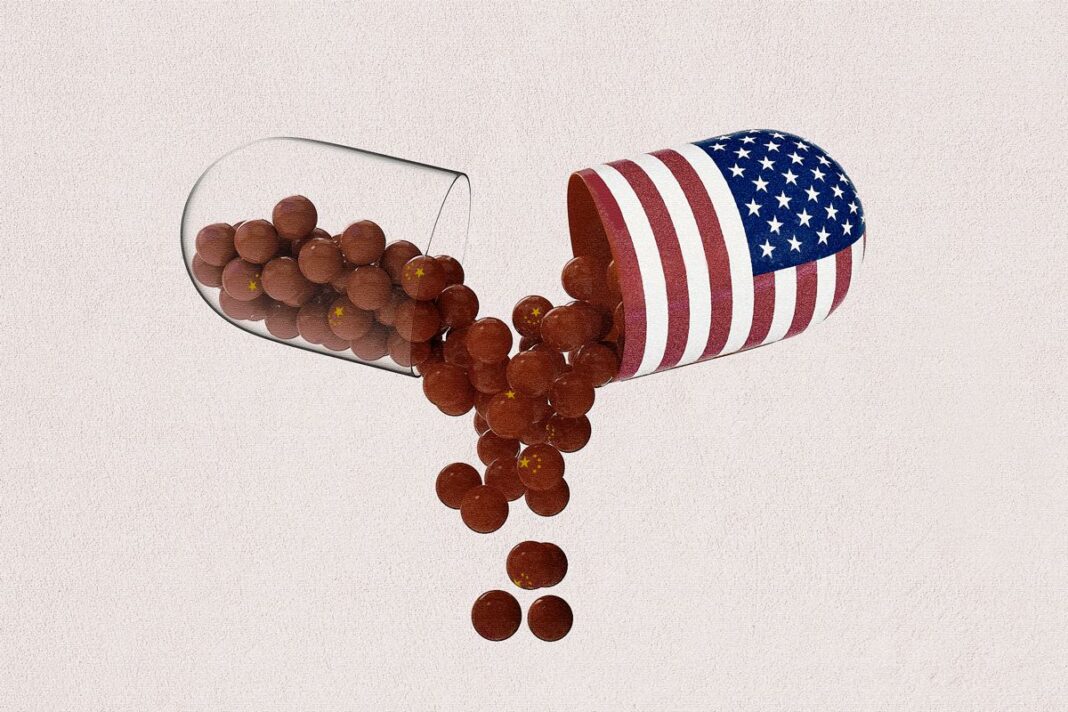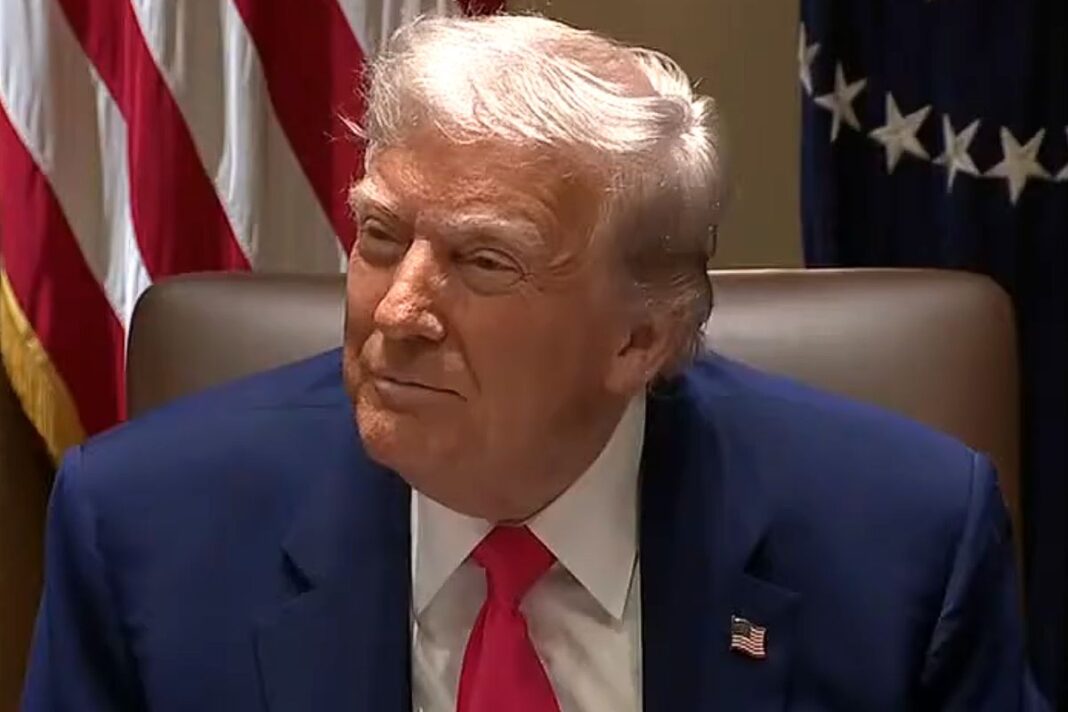The lawsuit is the latest legal challenge against the tariffs.
A dozen states on April 23 filed a lawsuit against the Trump administration in the U.S. Court of International Trade over its recently announced tariffs.
The lawsuit argued that the tariff policies put in place by President Donald Trump earlier in April were subject to his “whims rather than the sound exercise of lawful authority.”
The order also challenges Trump’s plan to raise tariffs on imports to the United States from dozens of other countries starting July 9, as well as the president’s order that imposed 145 percent duties on Chinese goods. Also being challenged are Trump’s 10 percent baseline tariffs on most countries in the world and his 25 percent tariffs on Mexico and Canada.
Describing Trump’s executive orders as arbitrary, attorneys general from the 12 states said that the president has no authority to impose tariffs and argued that only Congress has the ability to collect duties on imports.
“By claiming the authority to impose immense and ever-changing tariffs on whatever goods entering the United States he chooses, for whatever reason he finds convenient to declare an emergency, the President has upended the constitutional order and brought chaos to the American economy,” the attorneys general wrote.
The case is being led by Arizona Attorney General Kris Mayes and Oregon Attorney General Dan Rayfield, both Democrats. Others joining the lawsuit include the Democratic attorneys general of Colorado, Connecticut, Delaware, Illinois, Maine, Minnesota, Nevada, New Mexico, New York, and Vermont.
It names Trump, the Department of Homeland Security, Homeland Security Secretary Kristi Noem, Customs and Border Protection Acting Commissioner Peter Flores, and the U.S. government as defendants.
On April 2, Trump announced a 10 percent baseline tariff on most countries and higher rates on countries with significant trade with the United States. A week later, he issued a 90-day pause on the higher tariffs and raised rates on China to 145 percent, prompting retaliation from the Chinese regime against the United States.
The Trump administration has said the tariffs are needed to shore up national security, offset what officials say are unfair trade practices, and return manufacturing to the United States.








